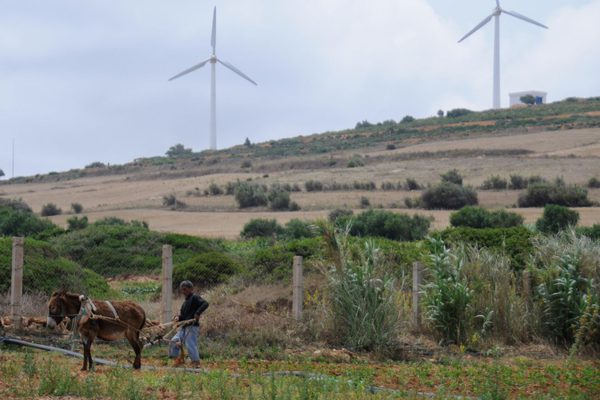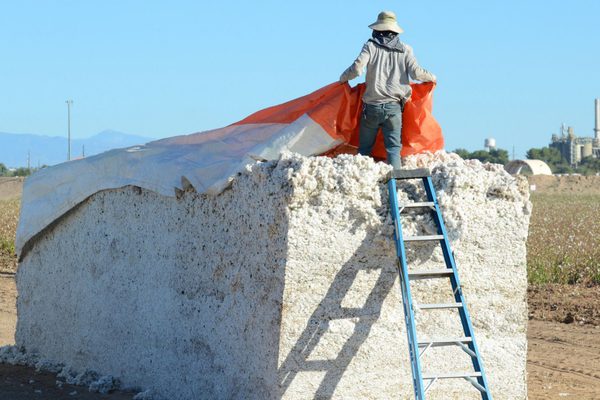OECD National Contact Points and the Extractive Sector
23 March 2012

The 2011 revision of the OECD Guidelines for Multinational Enterprises (“the OECD Guidelines”) represents a significant development and an opportunity for all parties to the OECD process – governments, civil society, trade unions and businesses – to improve the protection of and respect for human rights.
The revised OECD Guidelines include an entirely new chapter on human rights that builds on the United Nations Guiding Principles on Business and Human Rights and strengthens the possibility of bringing complaints for mediation to National Contact Points (“NCPs”) established pursuant to the OECD Guidelines.
The aim of the Workshop in London was to raise awareness of the potential impact of the revised OECD Guidelines and ways in which they might be used constructively to best protect human rights.
The extractive sector was chosen as the focus for the Workshop as nearly half of all existing complaints to NCPs have related to this broad sector. It therefore represents a significant amount of prior experience and insight in applying and participating in mediations under the OECD Guidelines. As one speaker from the mining sector put it, the ‘social license to operate’ is now as core to operations as any technical issue, and there are often very significant business costs when this license is lost and trust breaks down.
The Workshop reflected emerging lessons around how NCPs can operate most effectively against their core criteria set out in the Implementation Procedure of the OECD Guidelines of visibility, accessibility, transparency and accountability to further the objective of functional equivalence between NCPs.
A number of critical factors raised during the Workshop were:
- the competency and capacity of the NCP in relation to mediation and how professionals were engaged;
- the perceived and actual impartiality and credibility of the NCP;
- consistency and timeliness in dealing with complaints;
- understanding of the OECD Guidelines themselves;
- and local knowledge and capacity where the complaint was located.



